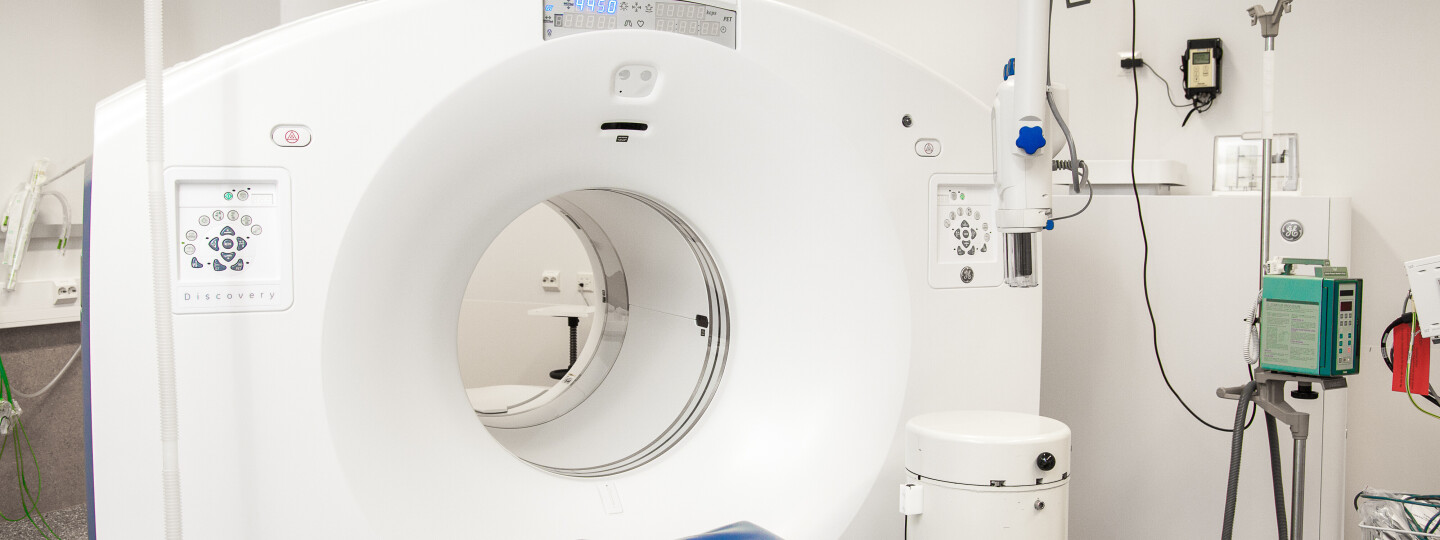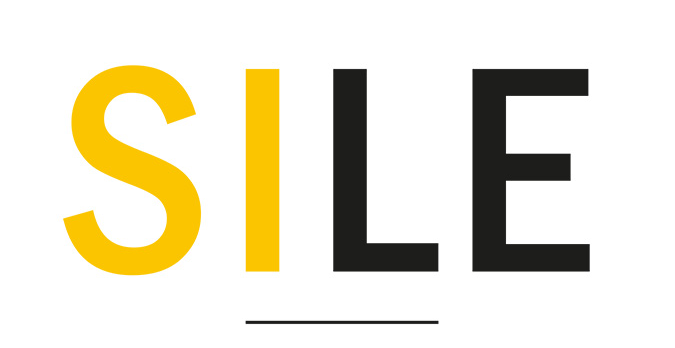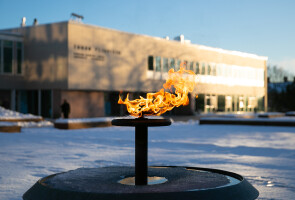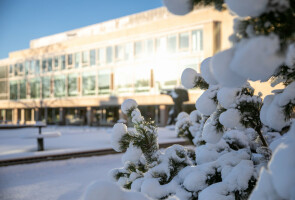In its Strategy, the University of Turku emphasises the significance of up-to-date research infrastructure as a prerequisite for top research and teaching based on it.
Research infrastructures include research instruments, equipment, materials, and services that enable the research and development work taking placing at different stages of innovation activities and support organised research work, doctoral training and teaching, and develop research and innovation capacity (Strategy for National Research Infrastructures in Finland 2020–2030, Research Council of Finland).
The Research Infrastructure Policy of the University of Turku has a central role in the multidisciplinary University’s strategic decision-making and the implementation of the decisions (link to the policy's pdf version is at the bottom of this page).
The University of Turku has several high-quality research infrastructures, which together form the Roadmap of Research Infrastructures of the University of Turku. Automatically, these include partnerships in European infrastructure projects (ESFRI) that are represented in the University, international memberships, and research infrastructures on the national research infrastructure roadmap (FIRI). In addition to these, the University of Turku identifies and selects its own and local significant research infrastructures. The University of Turku emphasises the openness of research infrastructures and their joint use with other academic operators, the business sector, and companies.









